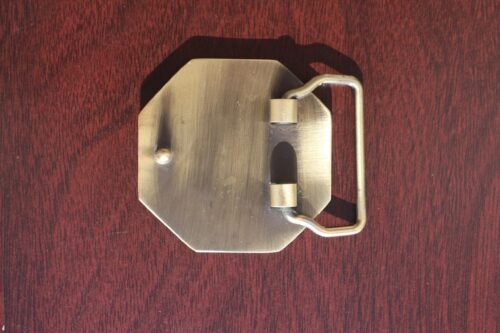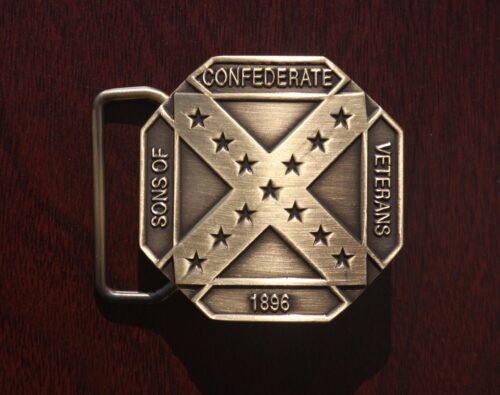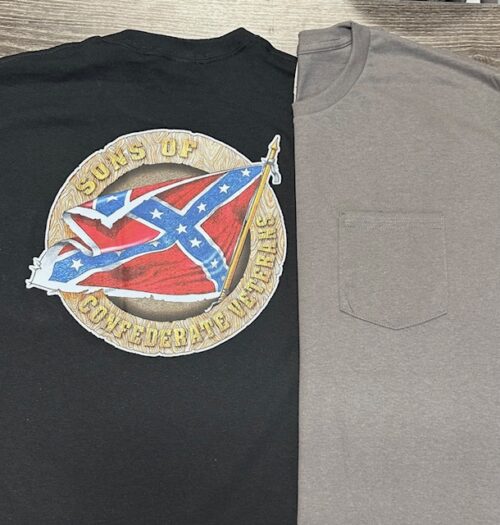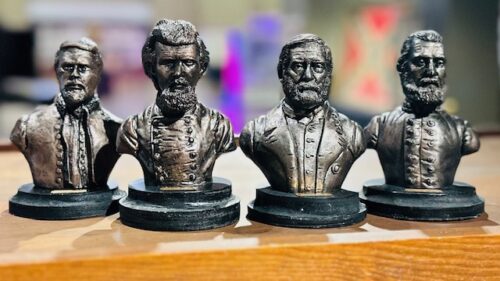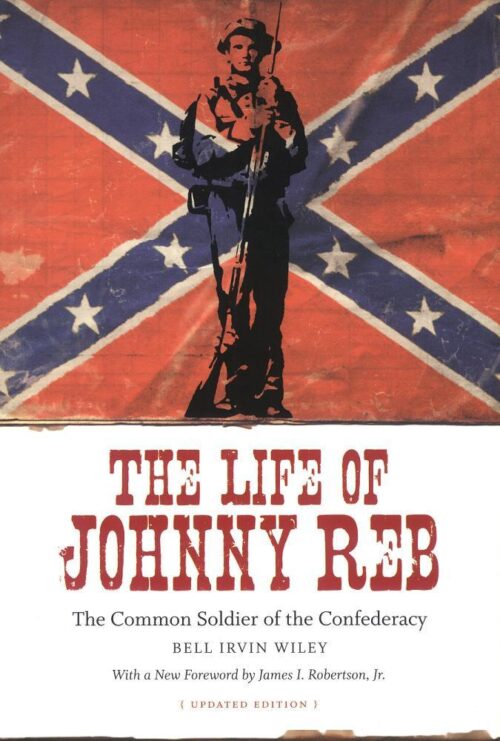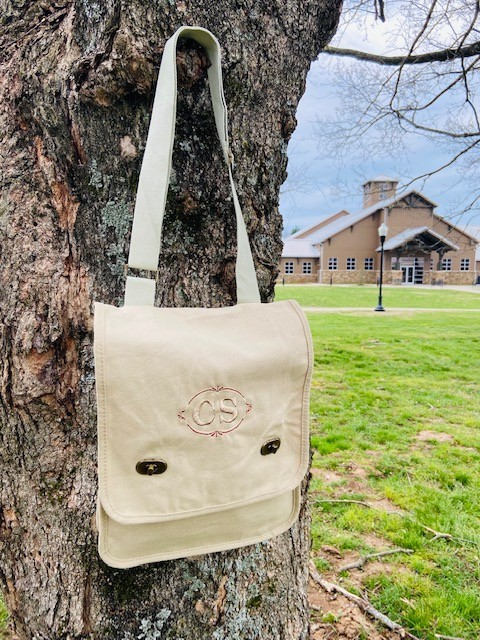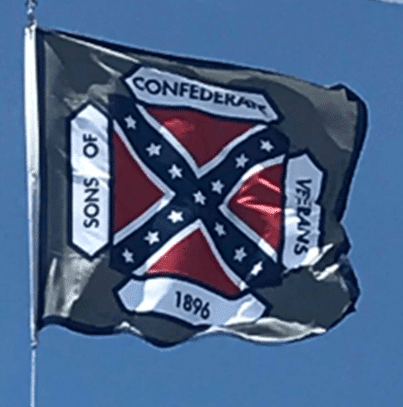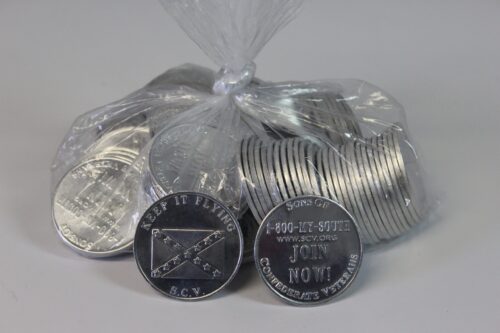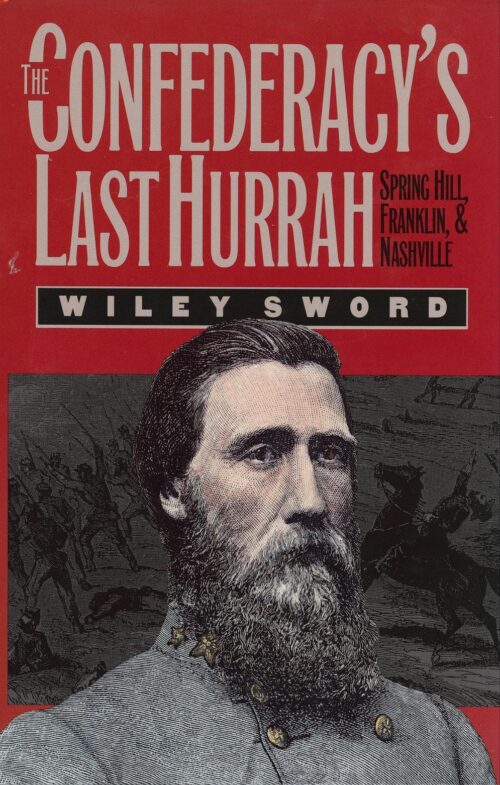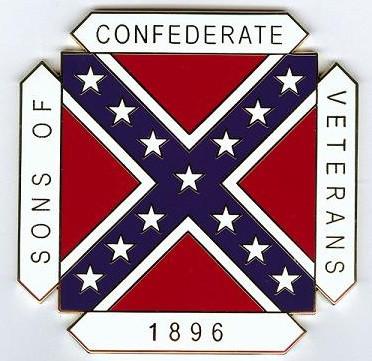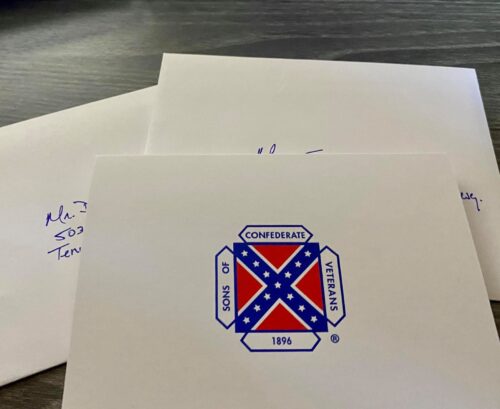-
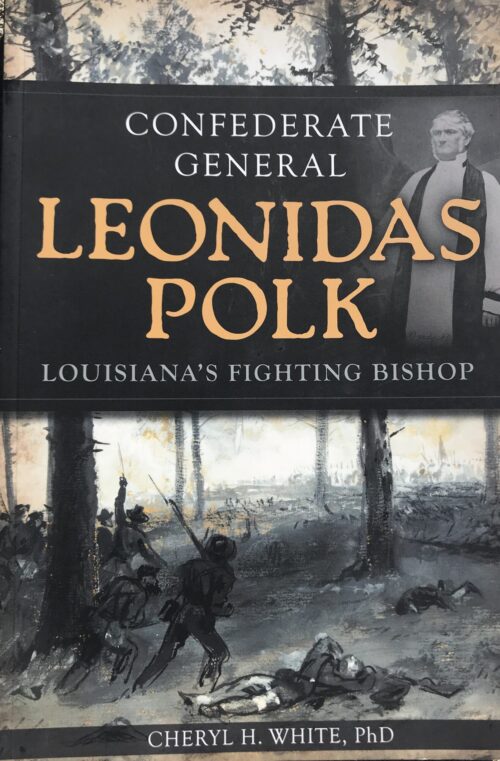 Leonidas Polk is one of the most fascinating figures of the Civil War. Consecrated as a bishop of the Episcopal Church and commissioned as a general into the Confederate army, Polk’s life in both spheres blended into a unique historical composite. Polk was a man with deep religious convictions but equally committed to the Confederate cause. He baptized soldiers on the eve of bloody battles, administered last rites and even presided over officers’ weddings, all while leading his soldiers into battle.
Leonidas Polk is one of the most fascinating figures of the Civil War. Consecrated as a bishop of the Episcopal Church and commissioned as a general into the Confederate army, Polk’s life in both spheres blended into a unique historical composite. Polk was a man with deep religious convictions but equally committed to the Confederate cause. He baptized soldiers on the eve of bloody battles, administered last rites and even presided over officers’ weddings, all while leading his soldiers into battle. -
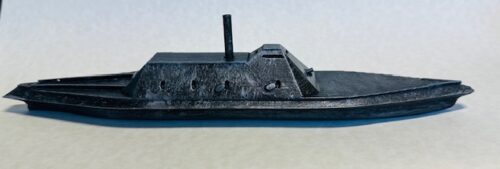
 Proudly handcrafted and made in the USA! These detailed scale models would make a great addition to any War Between the States collection. Each one is individually packaged with a short description. Sizes: CSS Tennessee (1/225 scale) 11"L x 2.5"W CSS Arkansas (1/225 scale) 8.5"L x 1.75"W H.L. Hunley Submarine (1/72 scale) 8"L x 1"W Brooke Rifle (1/35 scale) 5"L x 1.5"W
Proudly handcrafted and made in the USA! These detailed scale models would make a great addition to any War Between the States collection. Each one is individually packaged with a short description. Sizes: CSS Tennessee (1/225 scale) 11"L x 2.5"W CSS Arkansas (1/225 scale) 8.5"L x 1.75"W H.L. Hunley Submarine (1/72 scale) 8"L x 1"W Brooke Rifle (1/35 scale) 5"L x 1.5"W -
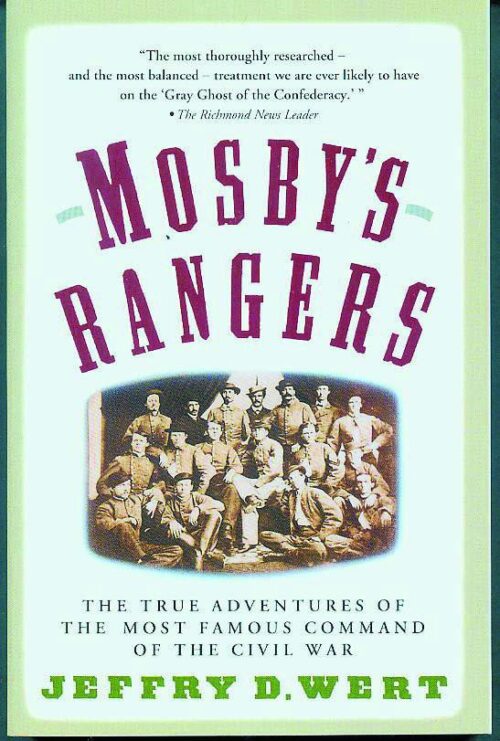 The author explores the personality of this iron-willed commander & brilliant tactician & gives us colorful profiles of the men who served under him. This is the most complete & compelling account to date of the fighting unit so hated by Grant that he ordered any captured Ranger to be summarily executed without trail.
The author explores the personality of this iron-willed commander & brilliant tactician & gives us colorful profiles of the men who served under him. This is the most complete & compelling account to date of the fighting unit so hated by Grant that he ordered any captured Ranger to be summarily executed without trail. -
 The commander of the three-hundred-wagon Union supply train never expected a large ragtag group of Texans and Native Americans to attack during the dark of night. But Brigadier Generals Richard Gano and Stand Watie defeated the unsuspecting Federals in the early morning hours of September 19, 1864, at Cabin Creek in the Cherokee nation. The legendary Watie, the only Native American general on either side, planned details of the raid for months. His preparation paid off--the Confederate troops captured wagons with supplies that would be worth more than $75 million today.
The commander of the three-hundred-wagon Union supply train never expected a large ragtag group of Texans and Native Americans to attack during the dark of night. But Brigadier Generals Richard Gano and Stand Watie defeated the unsuspecting Federals in the early morning hours of September 19, 1864, at Cabin Creek in the Cherokee nation. The legendary Watie, the only Native American general on either side, planned details of the raid for months. His preparation paid off--the Confederate troops captured wagons with supplies that would be worth more than $75 million today.






